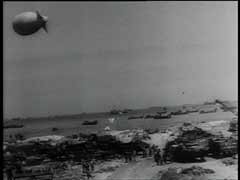You searched for: ���������������qee9.com������������������������6������S2O
<< Previous | Displaying results 191-200 of 267 for "���������������qee9.com������������������������6������S2O" | Next >>
-
Josel Gerszonowicz
ID CardThe oldest of eight children, Josel was born in Miechow, a small town in south central Poland. His father was a machinist and locksmith. As a boy, Josel spent long days learning Hebrew in the Jewish school and taking general subjects at the public school. He was 13 years old when he left school to work in his father's shop. 1933-39: Josel met his wife, Esther, through a matchmaker, and they settled in nearby Dzialoszyce, a town with a Jewish community of about 7,000, and a beautiful synagogue that had…
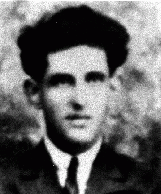
-
Hetty d'Ancona
ID CardHetty was the only child of a middle-class secular Jewish family. Hetty's parents were Sephardic, the descendants of Jews who had been expelled from Spain in 1492. The family lived in an apartment above her father's clothing business. Hetty's grandparents and other relatives lived nearby. 1933-39: Hetty enjoyed growing up in the Netherlands. Her Jewish neighborhood was in the older part of Amsterdam, in the city center. When she was 6 years old, she began attending a public school. Everywhere in Amsterdam…
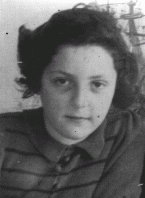
-
Thomas Elek
ID CardThomas was born to a Jewish family who moved to Paris when he was 6. His father's outspoken criticism of the fascist government and his affiliation with the Hungarian Communist Party led to the family's expulsion from Hungary in 1930. With the help of his father, a professor of modern languages, Thomas quickly learned French and excelled in school. He had a special interest in poetry and music. 1933-39: Thomas's father often argued against fascism, and he was greatly disturbed when Hitler became the…
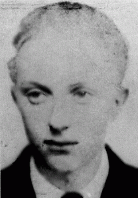
-
Chaim David Jegher
ID CardDavid was one of six children born to religious Jewish parents in Rona de Jos, a town in northwest Romania. The Jeghers subsisted through a variety of enterprises. Besides farming, they bottled their own wine and brandy and produced dried fruit for distribution in Romania and in parts of Czechoslovakia and Hungary. David's father also ran a local transportation and delivery service. 1933-39: Religious school was from 6:30 to 8:00 a.m. David's mother would wait outside the building with some breakfast for…
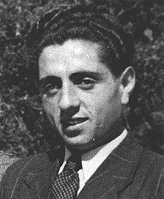
-
Helga Leeser
ID CardThe older of two sisters, Helga was raised by prosperous, non-religious Jewish parents in the small Catholic town of Duelmen in western Germany. Her family owned a linen factory. Before marrying Helga's much older father in 1927, her mother had been a Dutch citizen. As a child, Helga looked forward to vacations in the Netherlands with its comparatively relaxed atmosphere. 1933-39: At age 6 Helga began attending a Catholic elementary school. Antisemitism wasn't a problem until the night of November 9, 1938…
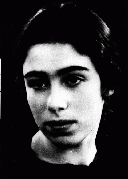
-
Kosta (Kojo) Naprta
ID CardKosta was the oldest of five children born to Serbian Orthodox parents in a poor farming village. Podum was on the slopes of Mount Um in the Croatian part of Yugoslavia. After finishing secondary school, Kosta immigrated to the United States. But when World War I broke out in 1914, he returned to Podum. In 1920 he married Anka, a Serb woman from his village, and they raised eight children. 1933-39: Kosta would read the newspaper to his friends and neighbors who could not read. He supported his family by…
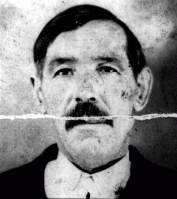
-
The "We Will Never Die" Pageant
Article"We Will Never Die" was a 1943 musical stage performance that raised awareness among Americans about the murder of European Jews. Learn more.
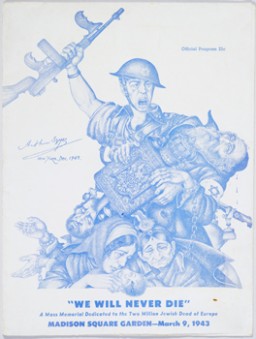
-
Mass Shootings at Babyn Yar (Babi Yar)
ArticleAt Babyn Yar in late September 1941, SS and German police units and their auxiliaries perpetrated one of the largest massacres of World War II.
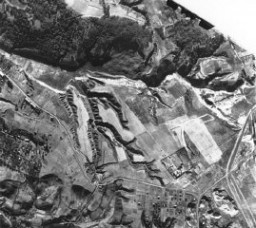
-
Letter home from an American soldier about the end of World War II in Europe
DocumentRudolph Daniel Sichel (b. 1915) left Germany in 1934 for England and then immigrated to the United States in 1936. His father, who had remained in Germany, was arrested during Kristallnacht, sent to Buchenwald for a couple of months, forced to sell his store at a loss, and immigrated to the United States with Rudolph's mother shortly after. Sichel joined the US Army in 1943, attending courses at the Military Intelligence Training Center at Camp Ritchie, MD. He landed on Utah Beach in July 1944 and was…
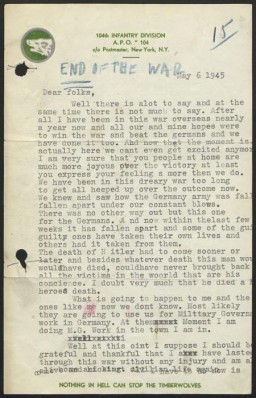
-
D-Day
FilmMassive Allied landings of air- and sea-borne forces on five Normandy beaches (codenamed Utah, Omaha, Gold, Juno, and Sword) began on June 6, 1944 (D-Day). The purpose of the invasion was to establish a bridgehead from which Allied forces could break out and liberate France. By the end of the operation's first day, some 150,000 troops were ashore in Normandy. This footage shows Allied forces landing on the Normandy beaches.
